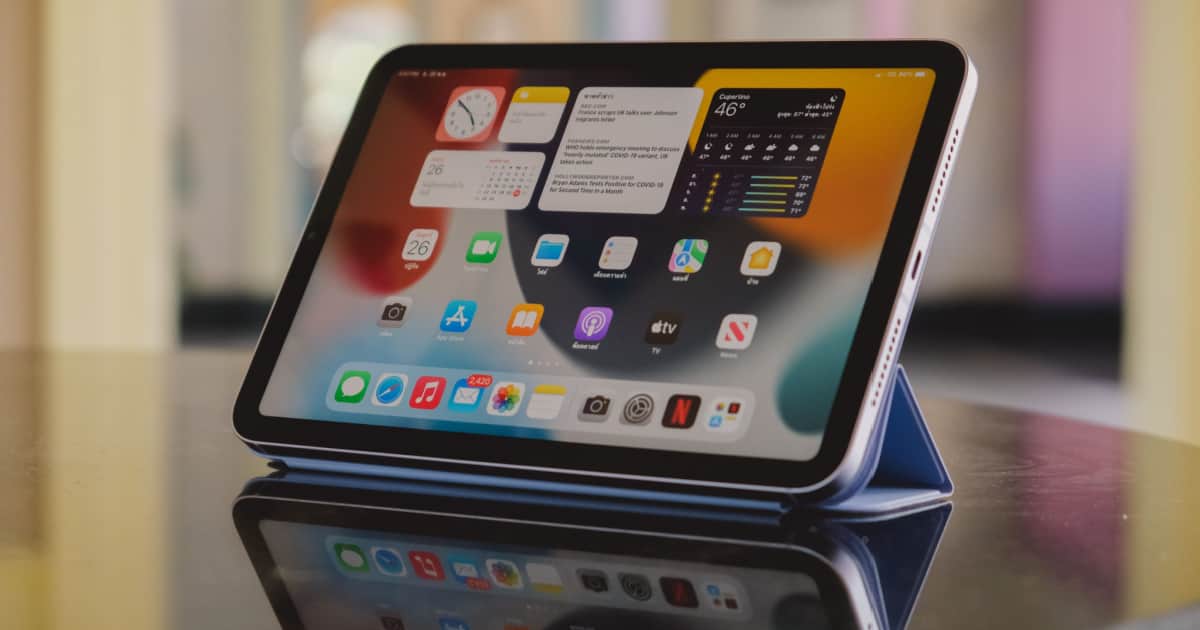Apple has hiked prices of the iPad Mini in several countries outside the U.S. With no explanation from Apple, the price increase might be attributed to several factors, such as the strong dollar compared to other world currencies.
iPad Mini Prices Increase by 19% to 21%
In the U.K,. the iPad Mini with 64GB storage previously retailed for 479 pounds sterling (US$539). Its price increased to 569 pounds ($640). The 256GB model, on the other hand, now costs 749 pounds ($843), up from the previous 619 pounds ($696). That’s a clear 19% and 21% price hike respectively. It also made the iPad mini even more expensive than the new 10.9-inch iPad. Said iPad model is priced starting from 499 pounds ($561) for the 64GB model and 649 pounds ($730) for the 256GB configuration.
The iPad mini prices also increased across the European markets. In Italy, the 64GB and 256GB iPad mini cost 659 euros ($645) and 859 euros ($841) respectively. Previously, those two iPad mini models cost 559 euros ($547) and 729 euros ($714) respectively. That’s a clear 18% price increase for both iPads.
The reason for the Price Hike Is Unknown
In India and the Asia Pacific region, Apple also modestly hiked the iPad mini prices. For instance in Australia, the price hike was around 11%.
As mentioned, Apple did not provide any reason for the increase in iPad mini prices in non-U.S. markets. However, the strong dollar combined with rising inflation and other economic costs could have caused the price hike. Interestingly, Apple has not increased the prices of other products. Furthermore, the iPad mini price hike happened after Apple announced new models of the entry-level iPad and iPad Pro.
Luckily for U.S. customers, Amazon has recently offered 2021 iPad minis at discounted prices, although some configurations have immediately sold out.
